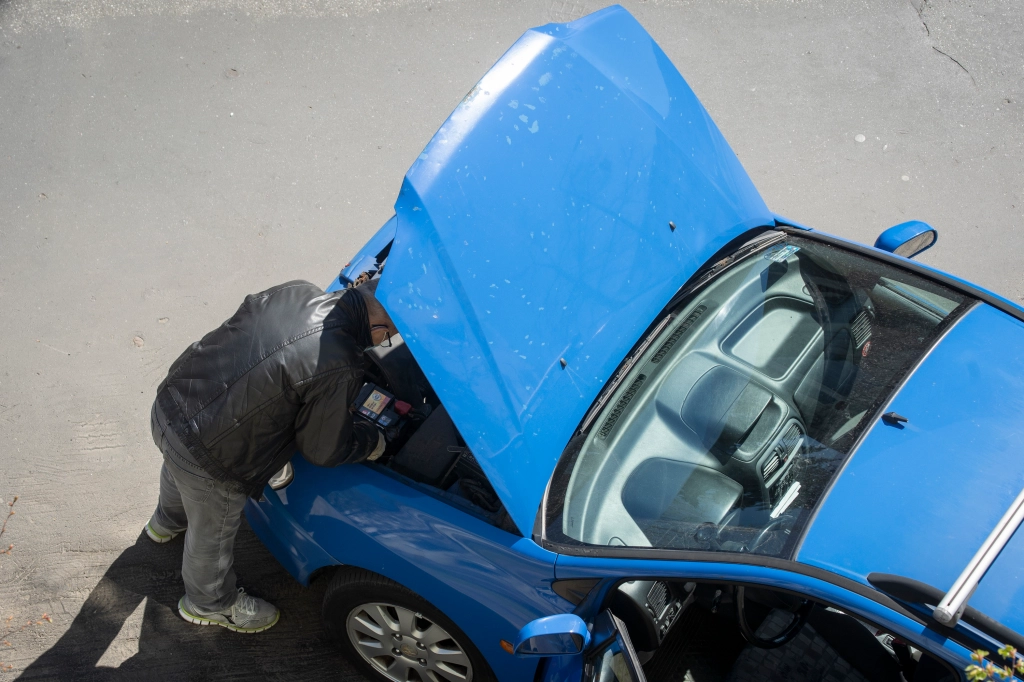Frequent Breakdowns: Know How To Recognize Them

If your car is showing signs of weakness, it's sometimes a good idea to know when to stop to prevent the problem from getting worse. Here's how to diagnose the most common problems by discovering the symptoms associated with these errors.
Car struggling to start?
The main causes are the battery or a tired starter (dirty carbons/brushes). Now all that's left to determine is the power problem related to the battery, alternator, or HS voltage regulator? Does the juice come out even when the ignition is off? It is necessary to look at the part of the fuel supply, whether there is a defect: air intake in the circuit or the fuel pump / HS boost? An immobilizer or fuse/relay is to blame, not to mention a bad contact or grounding problem.
For diesels, faulty glow plugs can cause hard starts, especially with indirect injection.
Sudden drop in power
A sudden loss of power indicates that the engine (or rather the computer) has detected an anomaly somewhere. To preserve the mechanics, everything is kept to a minimum (primary injection and turbocharging), which causes a very obvious loss of power. Generally all you need to do is reboot to get things back to normal (it's like rebooting a crashed computer). We will not list the reasons here, because there are so many of them. It can be a simple sensor that no longer sends information to the computer, where the system does not risk and goes to safety, or the sensor indicates an anomaly (eg: pressure is high injection) that really exists (it is not just a stupid probe). It is ideal to talk to the car by connecting to a diagnostic box or even an OBD box.
Exaggerated Jolts and Vibrations
Large vibrations are usually associated with a cylinder that does not fire, then the problem can be a small difference between gasoline and diesel (gasoline has spark plugs). The causes of this problem are the most important: injector, spark plug (gasoline only), ignition coil (gasoline only), compression problem (see valves). Also see if the vibration is related to the engine or transmission as well. Do the test in neutral (and if possible unplugged) play with the throttle if the vibration there means it's just the engine. If the vibration is only when driving, you need to look at the clutch part (the double mass can break into several pieces and make a big mess in the clutch!). If the jolts occur while driving in a somewhat random and violent manner, you should really look at the engine side and transmission support. Finally, speed-related vibrations are often associated with: balance, bent rim, warped tires, geometry disturbed by pavement climbing.
Hard Gears
If only one gear is damaged, the synchro attached to this message should be queried. It's boxed and usually costs a fortune to replace. If it is difficult to shift all gears, the clutch or clutch (or its control: transmitter and receiver for a hydraulic clutch) may be to blame. Of course, a completely destroyed flywheel and the loss of its springs can produce the same result.
Hissing
In addition to the problem of the accessory belt slipping and making the trident sound, we can deal with other flutes. The turbo could be one of the reasons, and in general it's not necessarily a very good sign: see that the fins are in good condition, that the bearing is in good condition (no oil leaks or play), no problems. with rotation of all movable fins (turbo with variable geometry). A gearbox that lacks oil can also squeak when it starts to overheat (because oil allows lubrication but also absorbs heat-related calories). A hissing sound can also be caused by an HS wheel bearing or a plate rubbing against a continuous disc (requires caliper fitting or LDR bleed).
Ineffective Braking
Generally this will be connected to a no longer working mastervac (or even a vacuum pump on diesels (see fuel access, that helps). Generally then the pedal is very difficult. Finally, don't forget that a leak can also be the cause, in which case stop everything immediately! You finish when there is nothing left under the pedal and you hit the first obstacle. I remind you that cleaning is recommended every two years, because over time gas forms in the circuit: condensation. This gas causes the brake pedal to feel spongy because gas/air is easily compressed compared to liquids (considered incompressible by mechanics, although scientifically it is compressible, like everything else, even a diamond. .. CF neutron stars and black holes)
